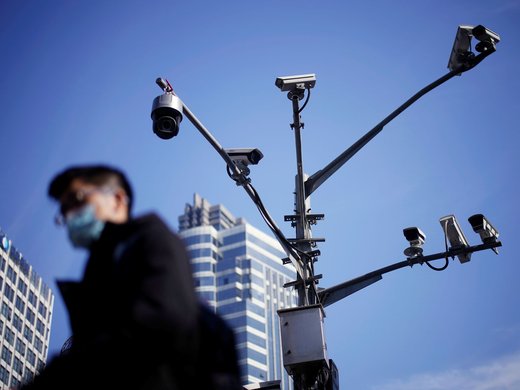Central to implementing the Paris Agreement on climate change is the need to build mutual trust and confidence to promote effective implementation of the agreement. To that end, an “enhanced transparency framework” for action and support is established under article 13(1). This paper poses two important questions: how is transparency enhanced by emerging monitoring technology and measurement techniques; and, are proposed new satellite-enabled approaches to monitoring greenhouse gas (GHG) emissions consistent with article 13(3) of the Paris Agreement, considering that remote sensing of territories and possible sharing of the data, without permission of the state being observed, could be seen as intrusive and contrary to national sovereignty?
This paper introduces evolving measurement techniques and technologies in the context of GHG inventory data collection and reporting and review processes. It assesses the international and national law applicable to emissions monitoring by satellite and how “non-intrusive” has been understood in climate change governance. The paper recommends that increased international cooperation is required to address concerns of new monitoring and measurement techniques, while encouraging access to the information collected. Because the New Delhi Declaration on climate change signals the intent of a group of 60 space agencies to develop an “international, independent system for estimating and curbing anthropogenic GHG emissions,” initiators of the declaration should consider institutionalizing a process of work under the declaration and establish a forum in which a wider variety of stakeholders can discuss issues around monitoring emissions and the linkages with climate action. This could feed into the United Nations Framework Convention on Climate Change process and leverage other similar initiatives by the World Meteorological Organization and the European Commission to support the transparency goals of the Paris Agreement.


